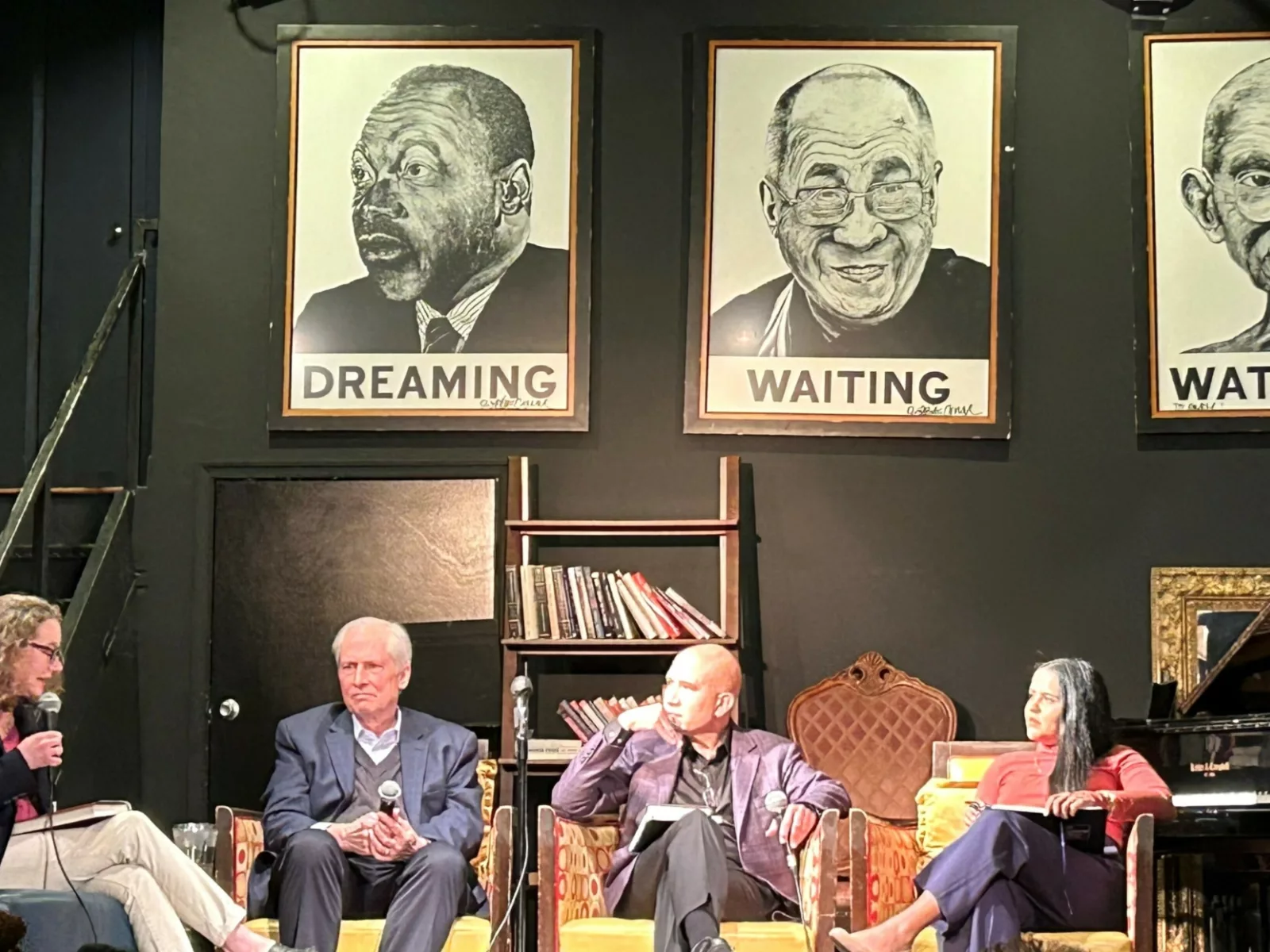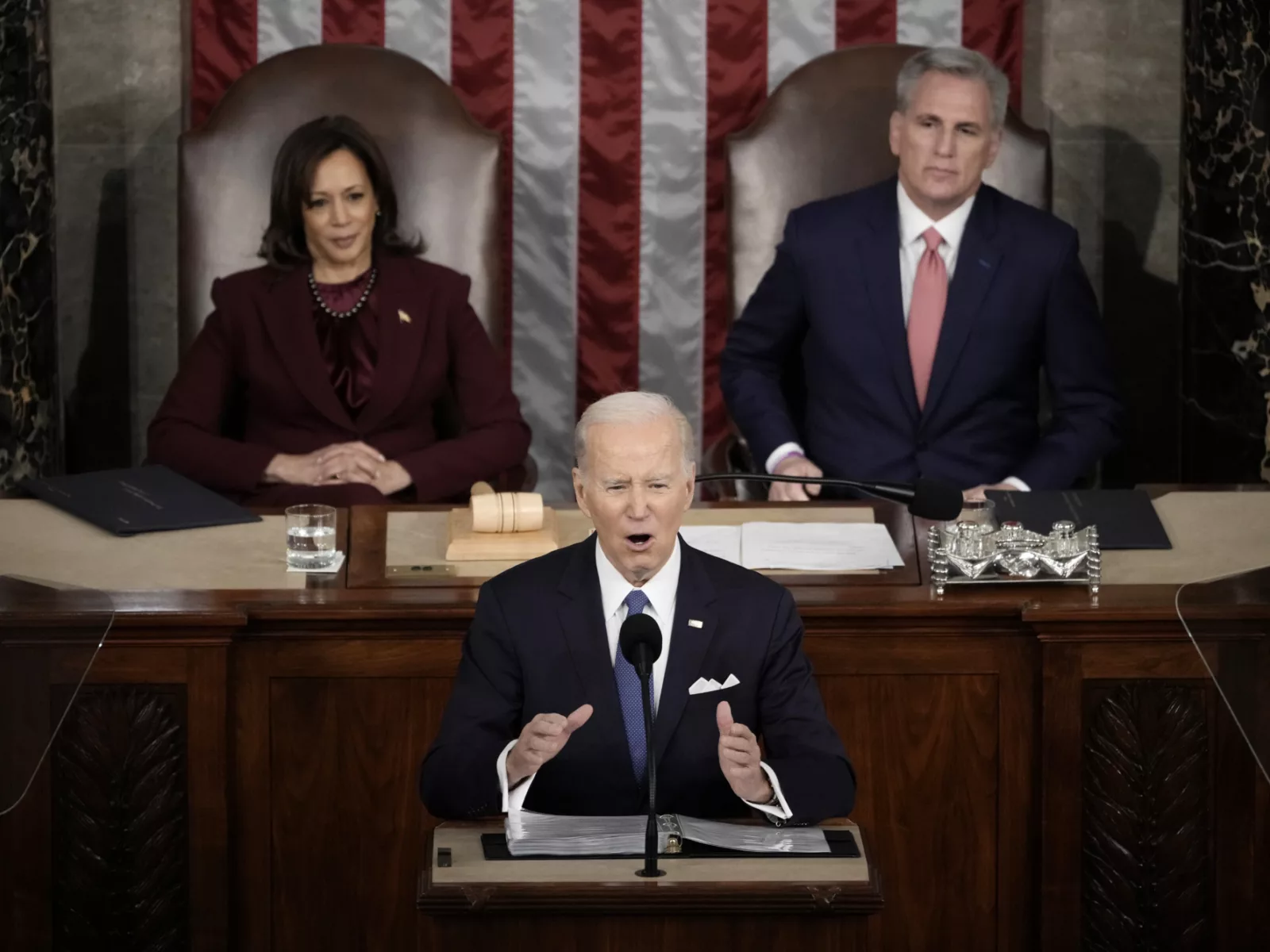Driven in large part by electoral considerations, politicians and the media were paying close attention to criminal justice reform issues in 2022 — and not always in a positive way. Evidence-free or distorted messaging around crime reached a feverish pitch in the run-up to the mid-term elections. However, many candidates who staked their campaigns on tough-on-crime rhetoric and policies found these approaches to be less effective than in the past. At the same time, criminal justice reforms continued apace at the federal, state, and local level.
Here are five important wins for criminal justice reform in 2022:
#1 Voters and policymakers continued to support criminal justice reform
Dusting off the playbook from the late 1980s and early 1990s, many candidates in the 2022 electoral cycle ran tough-on-crime and anti-criminal justice reform campaigns. However, these efforts largely failed and, with some exceptions, voters backed reformist governors, state legislators, attorney generals, prosecutors, and sheriffs. Even in places where bail reform had become a hot-button topic, such as Illinois and Harris County, Texas, pro-reform candidates found success on Election Day.
Beyond the ballot box, lawmakers in states across the country approved numerous criminal justice reforms in 2022. For instance, California, Oklahoma, and Colorado passed “clean slate” laws, which automatically seal certain conviction records. This will help reduce the long-term economic and social impacts of incarceration on individuals, families, and communities. In Washington, D.C., the City Council passed a long-needed and comprehensive overhaul of the city’s criminal code, which will eliminate most mandatory minimum sentences, reduce penalties for many crimes, and re-authorize jury trials for misdemeanor cases, among other provisions.
And in California, Gov. Gavin Newsom signed a series of criminal justice reform bills, which included making prison phone calls free, improving the ability for incarcerated parents to remain with their children, and retroactively applying California’s Racial Justice Act. Newsom also vetoed a bill which would have negatively impacted formerly incarcerated people’s abilities to restart their lives by making it easier for the general public and background check companies to search their criminal history online.
Related: Criminal Justice Reform Fares Better Than Expected in the 2022 Elections
#2 Bipartisan progress in juvenile justice
In 2022, the Debt Free Justice (DFJ) campaign continued its efforts to eliminate the collection of fines and fees from youth and their families. Following from initial success in 2021, DFJ’s advocacy contributed to several more states — including Washington, Utah, Oklahoma, Indiana, New Jersey, and Delaware — passing legislation eliminating some or all juvenile fines and fees. In Delaware, this was contained in a wider bill that eliminated certain fees for adults, ended driver’s license suspensions for nonpayment, and created new reporting/data requirements for adult fines and fees.
In June, Hawaii completed a long-standing plan to reduce the number of incarcerated girls to zero. The effort is part of a larger movement to recognize racial- and gender-based inequities and trauma in the juvenile criminal justice system and provide alternatives to incarcerating children and adolescents. In Tennessee, the state Supreme Court struck down the state’s automatic life sentencing approach for juveniles convicted of homicide. Noting how the state’s approach of mandating a minimum 51-year term in prison before parole consideration amounted to the harshest treatment of such juveniles in the country, the court ruled that these people must now be given a chance at parole after 25 years in prison.
Related: A Nationwide Campaign to End Juvenile Fines and Fees is Making Progress
#3 State and federal momentum for accountable policing
In May, President Biden signed the “Advancing Effective, Accountable Policing, and Criminal Justice Practices to Enhance Public Trust and Public Safety” executive order, the first meaningful federal action on police reform since the 2020 racial justice protests. Among many other provisions, the order requires all federal law enforcement agencies to improve data collection on police misconduct and use-of-force incidents, rethink and revise use-of-force policies, limit “no knock” entries, cease selling military equipment to state, local, and tribal law enforcement agencies, require the use of body cameras, and prohibit the use of chokeholds and carotid restraints except in extreme circumstances.
Over the past two years, state legislatures alone have considered 4,500 bills related to law enforcement reform, accountability, and oversight. This includes new policies and approaches around data collection, training, body cameras, hiring and retention, tactics, and certification/decertification. In 2022, these reform efforts continued in states and localities across the country. For instance, New Jersey adopted a new law that requires law enforcement officers to hold a valid license issued by the Police Training Commission (PTC). The law also allows the PTC to revoke the license of a law enforcement officer for various illegal or improper conduct. While police reform is often portrayed as an antagonistic process with police on one side and community advocates on the other, in many cases, including New Jersey, police officers and their organizations are supportive of reforms if they are brought into the process.
One example of police reform from the local level is Prince George’s County, Maryland, where a contentious multi-year debate concluded with the passage of several measures, including a multi-stakeholder police accountability board and an amended code of conduct for county employees (including law enforcement officers).
Related: Part 1: Once an Outlier, New Jersey Is Making Inroads in Police Reform and Part 2: Building an Infrastructure Toward Police Accountability
#4 Positive initial results for new criminal justice reform laws
Research published over the past year has highlighted early positive results from criminal justice reforms around the country. For instance, a study released by the Quattrone Center for the Fair Administration of Justice at the University of Pennsylvania Carey Law School found that misdemeanor bail reform in Harris County, Texas, resulted in a drop in recidivism (new criminal cases), convictions, guilty pleas, jail sentences, and sentence length, an increase in quick releases from jail, and no increase in crime.
Similarly, new research from the Data Collaborative for Justice found that in the two years following the enactment of bail reform in New York, the use of both cash bail and remand to jail decreased, and use of supervised release increased. These results are in line with the goal of the bail reform effort. Thus far, research on bail reform in New York shows that most people do well on pretrial release, that there is no evidence bail reform decreases community well-being and safety (especially when compared to the known harms of pretrial detention on individuals and communities), and that the most effective approach likely involves a mix of ending reliance on money bail, improving pretrial services, and designing targeted approaches.
In New York, the Less Is More: Community Supervision Revocation Reform Act took effect this past March to reform the state’s parole system, including limiting the use of incarceration for people who commit technical (non-criminal) parole violations, enhancing due process for those accused of parole violations, and reducing parole terms for those who abide by their conditions. Early results show that the Act has reduced the parole population in New York by 40%, led to the release of nearly 1,500 people from jail and prisons, and decreased the number of people being held in local jails for technical violations by almost 90%.
In many localities, new reformist prosecutors are trying to reform police practices from the inside. For instance, Larry Krasner in Philadelphia has made it a priority to consider charging police officers for on-the-job criminal conduct when it is merited, including in certain cases when people are killed by police. This has raised the anger of police unions and officers who blame Krasner for rising violence in the city and have supported his impeachment. However, homicides in Philadelphia are currently down in 2022, and new research from University of Oxford professor Christopher Stone shows that in cities with progressive prosecutors — such as Philadelphia, Chicago, St. Louis, and Brooklyn — more serious offenses are either decreasing or increasing slower than in neighboring jurisdictions with traditional “law and order” prosecutors.
Related: Cops and Conservatives Backed This Texas Bail Reform. Now Researchers Show It To Be a Success
#5 Further steps towards ending the war on drugs
In October, President Biden pardoned all past federal offenses for simple marijuana possession. Citing racial inequities in marijuana cases as well as the long-term social, economic, and educational impact marijuana convictions can have, Biden also urged all governors to follow suit. One governor to do so was Kate Brown in Oregon, who in November pardoned more than 47,000 simple marijuana convictions in the state.
In the same October 2022 decree, Biden asked the Attorney General and the Secretary of Health and Human Services to quickly begin the process of evaluating how marijuana is treated under federal law. Currently considered a top-tier controlled substance, this process may be the first step toward eventually decriminalizing and or legalizing marijuana at the federal level. In many ways, this federal effort is merely catching up to the changing realities in U.S. states. In November, another two states — Missouri and Maryland — voted to legalize marijuana, bringing the total number up to 21. Importantly, legalization in both of these states includes the automatic expunging of certain past, less serious marijuana convictions.
At the local level, Oklahoma is pushing forward with an ambitious effort to reduce the number of people incarcerated for drugs and other low-level offenses. In 2016, voters in the Republican-dominated state approved a ballot measure to change simple drug possession from a felony to a misdemeanor and redirect savings to substance abuse and mental health programs. Despite being a resounding success and remaining highly popular, efforts have been made every year to roll-back the reforms. However, rather than retreat, Republicans in the state government have defended the reforms, and in October, Gov. Kevin Stitt announced that full marijuana legalization with expungement for certain prior convictions will be on the ballot in a March 2023 special election.
Related: In Oklahoma, a Red State Model of Criminal Justice Reform






















